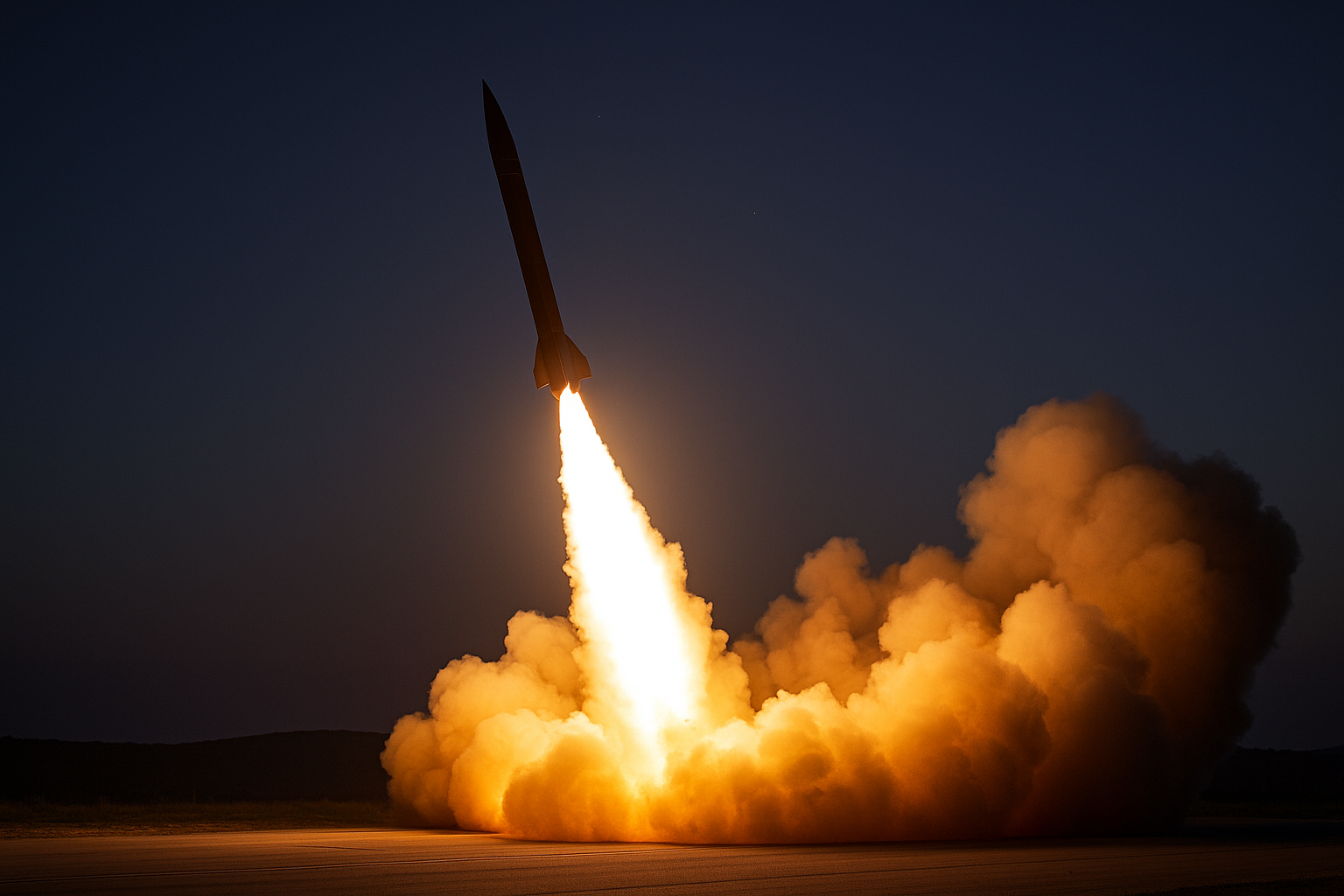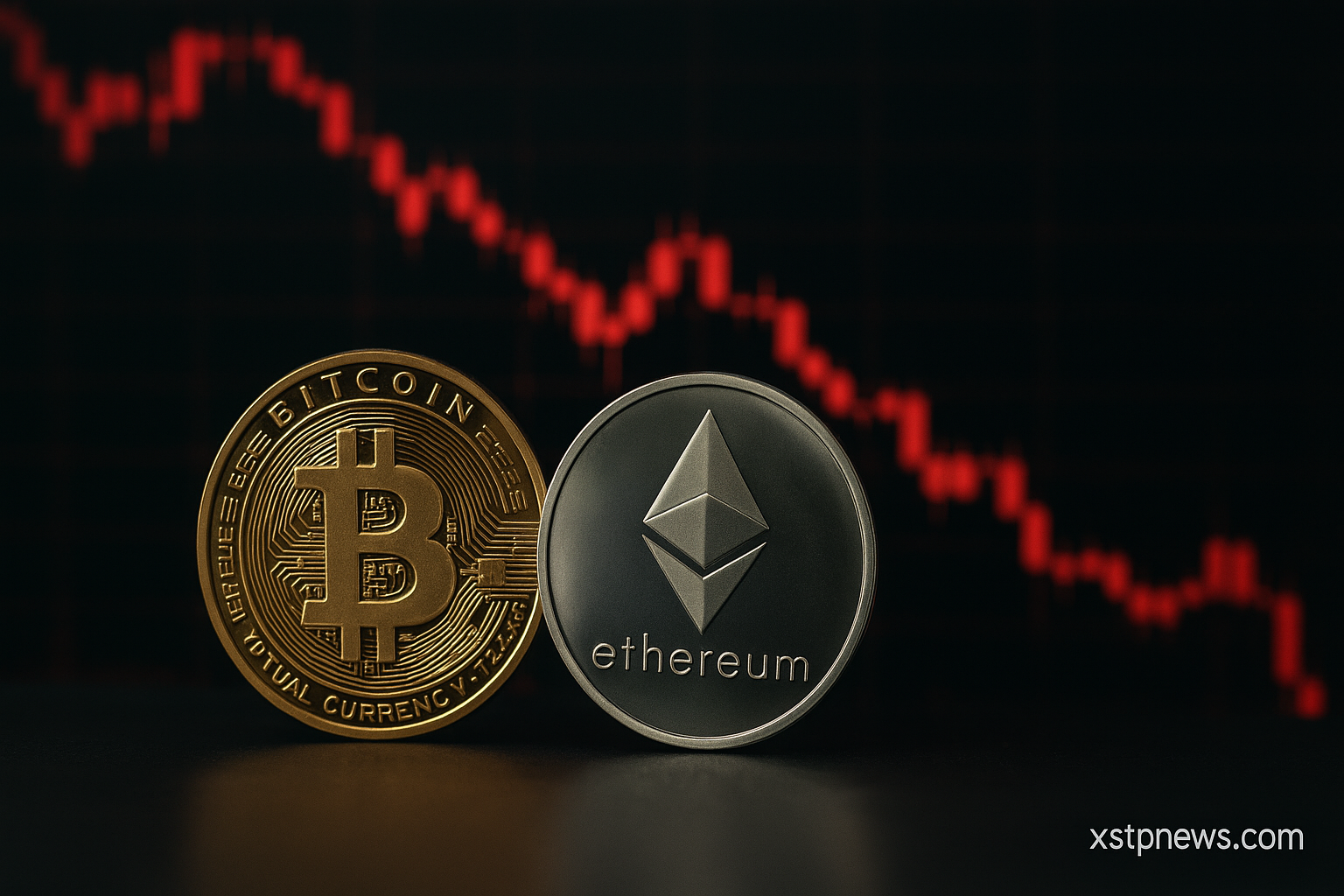The situation in the Middle East has escalated significantly as the United States weighs a potential direct military response to Iran. President Donald Trump has announced that within the next 15 days, a decision will be made regarding possible military strikes on Iran, following recent Iranian missile attacks on Israeli infrastructure.
These missile strikes targeted key facilities in Israel, including hospitals and residential buildings, causing significant damage and casualties. In retaliation, Israel conducted air strikes against Iranian nuclear sites, such as the Arak heavy water reactor.
Iranian leadership, under Supreme Leader Ali Khamenei, has firmly rejected calls to de-escalate and warned that any U.S. intervention would result in irreparable damage to the region.
The international community is watching closely. U.S. allies like the United Kingdom and Germany are urging for a diplomatic resolution, while countries such as China and Russia condemn Israel’s actions and push for political solutions.
Within the United States, political opinions are divided. Some Republican factions advocate for a stronger military stance, while others caution against escalating the conflict further.
This unfolding situation carries major implications for global stability and energy markets, and it remains one of the key geopolitical risks as investors assess the broader economic impact.







